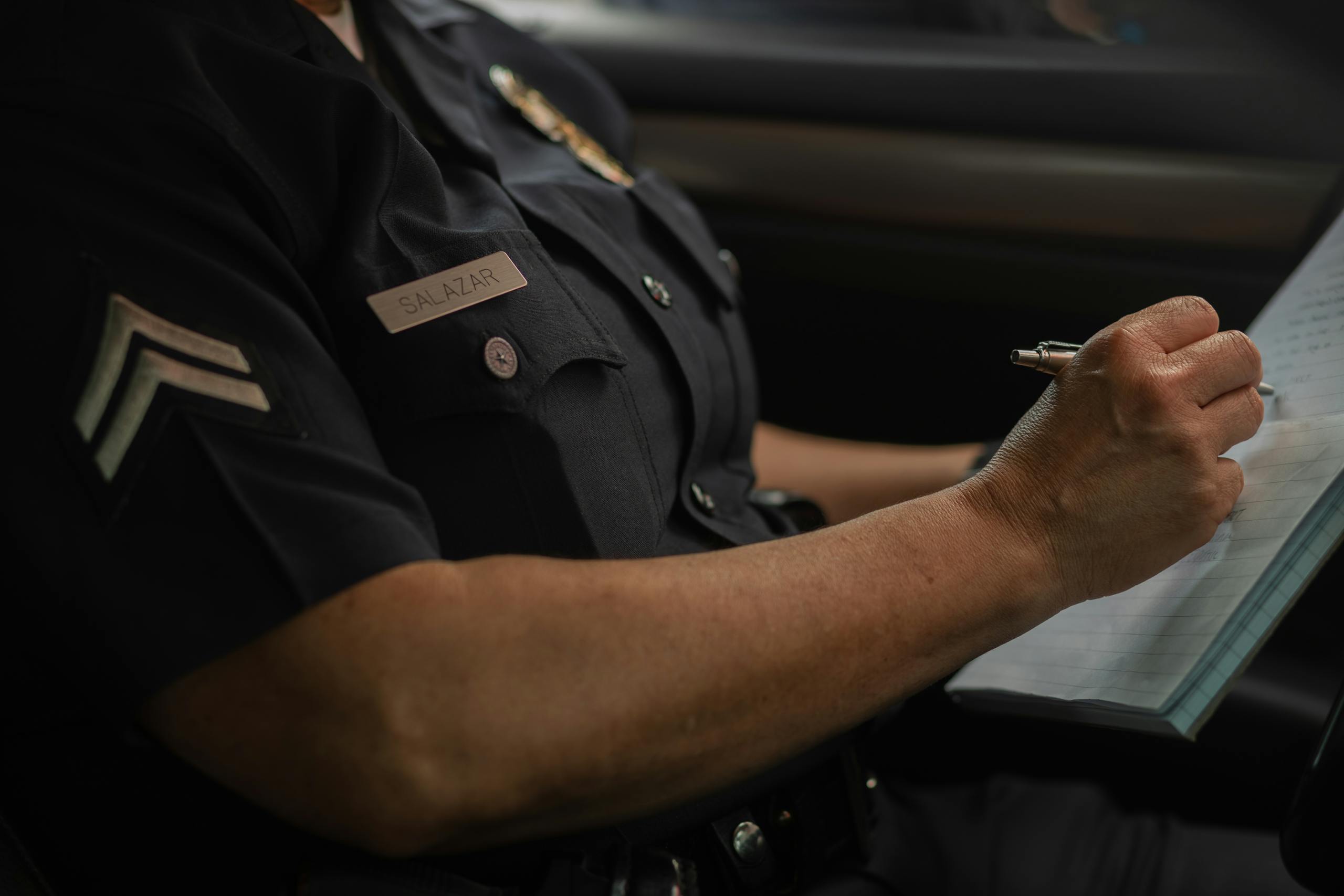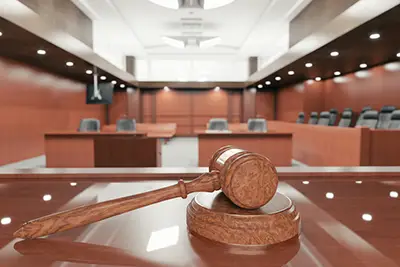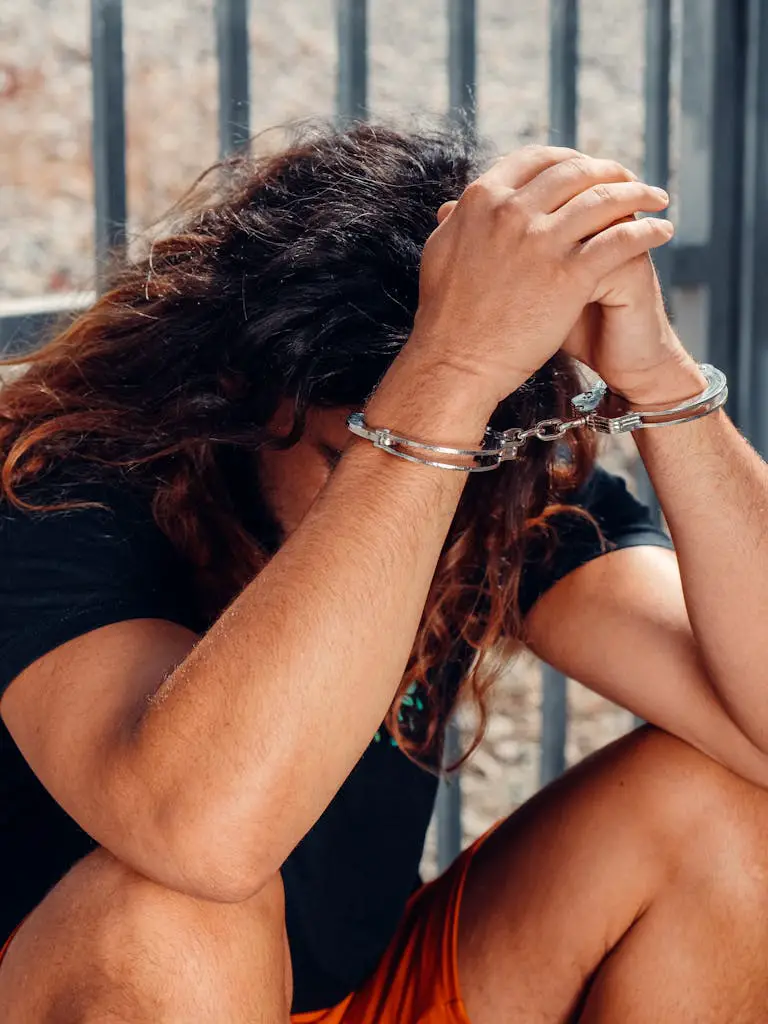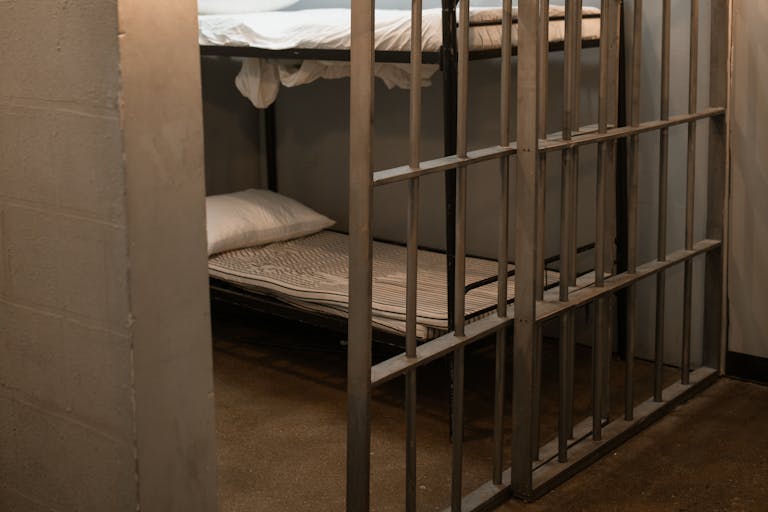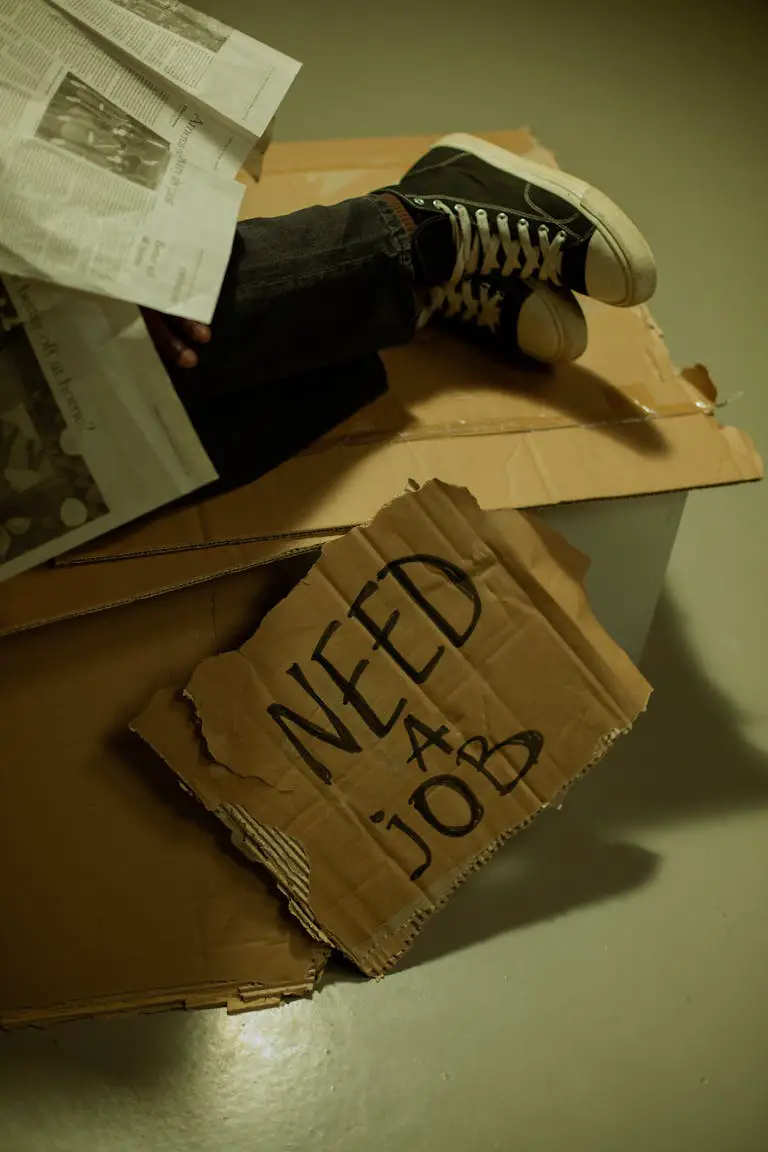Your Rights on Probation: What Probation Officers Can and Cannot Do
Introduction
Welcome to the complicated world of probation, where the line between freedom and confinement can sometimes feel as thin as the paper your conditions are printed on.
If you’re reading this, chances are you’re either on some form of offender supervision (probation) or know someone who is (or is just morbidly fascinated about the ins and outs of the criminal justice system version of “time-out for adults”).
Face it: being a probationer on a community supervision program (probation) isn’t anyone’s idea of a good time. It’s like having a babysitter who follows you around, even though you’re old enough to buy lottery tickets and rent a car. But here’s the kicker – even with all those rules and restrictions, you still have some rights.
Yes, you heard that right. Just because you’re on probation doesn’t mean you’ve been demoted to second-class citizen status (although convicted felons are very much treated like second-class citizens in our legal system).
In this article, we will dive deep into the murky waters of probationer rights and the law. We’ll explore what probation and parole officers can do (spoiler alert: it’s quite a bit), what most probation officers absolutely cannot do (yes, there are certain limits), and all the gray areas in between.
By the time we’re done, you’ll be armed with some knowledge to navigate your probation period like a pro (bad pun) – or at least, like someone who knows their rights and isn’t afraid to use them.
We’re about to embark through the labyrinth of legal jargon, real-life scenarios, and practical advice that will make your probation experience… well, maybe not enjoyable, but certainly more manageable.
Table of Contents:
- Probation 101
- Your Constitutional Rights: Still Intact (Mostly)
- Home Sweet Home: What a Probation or Parole Officer Can Do During a Home Visit
- The Great Outdoors: Your Rights in Public Spaces
- Work It Out: Employment Rights and Restrictions
- Substance Abuse Testing: The Ins and Outs
- Travel Dilemma: Can You Leave Town?
- Communication is Key: Interacting with Your Probation Officer
- The Paper Trail: Your Right to Documentation
- When Things Go South: Violation Hearings and Your Rights
- Special Considerations: Juvenile Probation Rights
- Technology and Probation: Privacy in the Digital Age
- Know Your Limits: What to Do if an Officer Oversteps their Boundaries
- The Basics of Probation: A Crash Course
1. Probation 101.
Probation is essentially the criminal justice system’s way of saying, “We’re giving you a chance, don’t screw it up.” Probation is an alternative to incarceration that allows individuals convicted of a criminal charges to remain in the community under supervision.
Key points:
- Probation is a privilege, not a right
- Probation comes with a set of conditions you must follow
- Violation of these conditions (probation violation) can result in revocation and potential jail time
Example: Joe got caught with a little too much “herbal products” and is now on probation for possession. He’s not thrilled, but it beats wearing an orange jumpsuit.
Did You Know? 📊 According to the Bureau of Justice Statistics, approximately 25% of probationers fail to complete their probation terms successfully. This highlights the importance of understanding your rights and responsibilities while on probation to ensure compliance.
2. Your Constitutional Rights: Still Intact (Mostly)
Surprise! Being on probation doesn’t necessarily mean you’ve checked your constitutional rights at the door. Believe it or not, you still have many of the same protections as any other citizen, even though you are on supervised release.
What you retain:
- First Amendment rights (freedom of speech, religion, etc.)
- Right to due process
- Protection against cruel and unusual punishment
What’s limited:
- Fourth Amendment protections against search and seizure
- Freedom of association (you might be prohibited from hanging out with certain people) (You may also want to check out this helpful article right here)
Example: Sarah, on probation for a white-collar crime, can still attend political rallies and practice her religion. However, she can’t refuse a search of her home by her probation officer.
3. Home Sweet Home: What a Probation or Parole Officer Can Do During a Home Visit
Your home is your castle, but when you’re on probation in the criminal justice system, it’s more like a castle with a revolving door for probation officer rights.
What a probation officer can do:
- Conduct unannounced visits
- Search areas in plain view
- Look for evidence of probation violation
What a probation officer cannot do:
- Search private areas without reasonable suspicion
- Use excessive force or intimidation
Example: Tom’s probation officer can check his living room for contraband but can’t rummage through his underwear drawer without a good reason.
4. The Great Outdoors: Your Rights in Public Spaces
When you’re out and about, your probation officer isn’t exactly your shadow, but they’re not far off from that.
What’s allowed by probation officers:
- Probation officers can approach you in public
- Probation officers can ask you questions about your compliance
What’s not okay by probation officers:
- Harassment or public humiliation
- Unreasonable detainment without cause
Example: Maria’s probation officer can chat with her and make personal contact with her at the grocery store but can’t loudly announce to everyone in the checkout line that she’s on probation.
5. Work It Out: Employment Rights and Restrictions
Having a job (education and employment stipulations) are often a condition of probation, but that doesn’t mean your probation officer gets to be your unofficial HR manager.
Your rights:
- To seek and maintain employment and/or job training
- Protection against discrimination based on criminal record (in some cases)
Limitations:
- Restrictions on certain types of employment
- Required disclosure of probation status to employers (in some cases)
Example: Alex, on probation for a DUI, can work at a restaurant but might be prohibited from taking a job as a truck driver.
6. Substance Abuse Testing: The Ins and Outs
Ah, the joys of pissing in a cup while someone watches. It’s not fun, but it’s often part of the probation package (no pun intended).
Did You Know? 🚨 A study by the Robina Institute of Criminal Law and Criminal Justice found that technical probation violations (such as missed appointments or failed drug tests) account for nearly 60% of all probation revocations.
What’s standard:
- To conduct random drug tests and alcohol testing
- The probationer has requirement to comply and submit to tests when asked
Your rights:
- To know the results of your drug tests
- To contest false positives
Example: Lisa knows she can be called in for a random drug test at any time, but she also knows she can request a retest if she believes the results are inaccurate.
7. Travel Dilemma: Can You Leave Town?
Probation does not exactly support a travel-friendly situation, but it’s not always a complete lockdown.
General rules:
- The probationer may need to get permission for out-of-state travel (travel pass)
- May be restricted to certain areas within the state and not leave for other jurisdictions
Your rights:
- To request travel for legitimate reasons (work, family emergencies, job training)
- To appeal travel restrictions if they’re unreasonable or cause immense hardship on the defendant
Example: Mike needs to attend his sister’s wedding in another state. He can request permission, and his probation officer should consider it if Mike has been compliant.
8. Communication is Key: Interacting with Your Probation Officer
Your relationship with your probation officer is like a weird, forced friendship where one person holds all the cards.
Probation Officer’s rights:
- To require regular check-ins and contact through both home visits and visits at the probation officer’s office
- To supervise and monitor compliance with the standard terms and conditions of your probation supervision
Your rights:
- To be treated with respect
- To have reasonable access to your probation officer to answer questions or concerns to comply with your supervision
Example: Jenny can expect her probation officer to ask about her job search, but the officer can’t berate or insult her for not finding employment yet.
9. The Paper Trail: Your Right to Documentation
In the world of probation, if it’s not written down, it might as well not even exist. A word to the wise: Be responsible, take the extra step, and maintain a case folder for your well-being.
What you’re entitled to:
- A copy of your probation terms and conditions report
- Documentation of any changes to your probation and/or court orders
What a probation officer must do:
- Provide written notice of an alleged probation violation
- Keep accurate records and relevant information on your compliance and any issues
Example: Carlos should receive a written copy of his probation conditions and can request documentation of his compliance for his records.
10. When Things Go South: Probation Violation Hearings and Your Rights
Sometimes, despite your best efforts (or maybe because you decided rules are for chumps), you end up facing a probation violation hearing.
Did You Know? ⚖️ The Pew Charitable Trusts reports that in some states, up to 45% of prison admissions are due to probation or parole violations, rather than new crimes.
Your rights as a probationer:
- To be notified of the alleged violation
- To have court hearings before a judge
- To present evidence and witnesses in your defense
What you don’t get:
- A jury trial for the probation violation
- The same level of proof required as in a criminal trial
Example: If Samantha is accused of violating her probation by missing a check-in with her probation officer, she has the right to explain her side of the story to a judge before any action is taken.
11. Special Considerations: Juvenile Probation Rights
Being a kid on probation comes with its own set of rules and rights (for public safety such as a juvenile probation officer).
Key differences:
- Greater emphasis on rehabilitation and correctional treatment
- More involvement of family members (parents or guardians)
- Potentially sealed records upon completion
Example: Tim’s parents have the right to be involved in his probation process, including being present at meetings with his probation officer.
12. Technology and Probation: Privacy in the Digital Age
In an era where your whole life is on your phone, probation officers are increasingly interested in your digital footprint.
What most probation officers will do:
- Monitor your social media accounts
- Request access to your electronic devices
Your rights as a probationer:
- To privacy in personal communications not related to criminal activity
- To refuse unreasonable requests for passwords or access
Example: Emma’s probation officer can look at her public Facebook posts but can’t demand access to her private messages without cause.
13. Know Your Limits: What to Do if a Probation Officer Oversteps their Boundaries
Even probation officers can make mistakes or abuse their power. Knowing how to respond is key.
Steps to take:
- Gather information, and then document the incident in detail (prepare a report or a log)
- Consult with a lawyer and seek counsel if possible
- File a formal complaint with the probation department
What not to do:
- Become confrontational or aggressive (will not work in your favor)
- Ignore the issue and hope it goes away (it also will not work in your favor)
Example: If Ray’s probation officer threatens to revoke his probation without cause, Ray should calmly document the interaction, report it, and seek legal advice.
Conclusion
Navigating probation can feel like trying to dance through a minefield while blindfolded and wearing clown shoes (seriously). It’s challenging and often frustrating, and one misstep can have serious consequences (possible new criminal charges).
But armed with knowledge of your rights, you’re in a much better position to conduct yourself and complete your probation, allowing you to move on with your life.
Remember, probation officers have a job to do, and it’s not an easy one. Most probation officers are professionals trying to balance public safety with rehabilitation, to give you the opportunity of accomplishing goals.
By understanding what they can and cannot do, you can establish a more productive relationship with your probation officer and avoid unnecessary conflicts and personal issues.
Stay informed, stay compliant, and most importantly, stay out of trouble. Your future self will thank you for it. And who knows? Maybe one day you’ll look back on this time and laugh. (Okay, maybe not laugh, but at least not cry).

